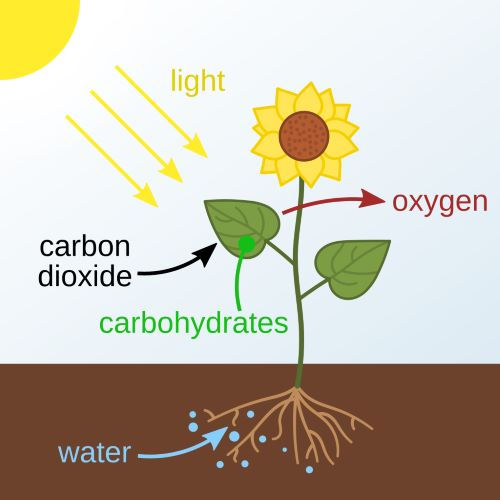Acetogenesis in Nature & Human Health
- Sylvia Rose

- Feb 11, 2025
- 3 min read
Acetogenesis influences ecosystems and human health. Reducing organic matter by microorganism action, acetogenesis makes acetic acid, the main ingredient of vinegar; and the vital short chain fatty acid acetate.

About Acetogenesis
Acetogenesis is a metabolic process. Microorganisms, called acetogens, convert carbon dioxide (CO2), hydrogen (H2), and other simple organic molecules into acetate (CH3COOH).
This transformation is a form of anaerobic respiration, occurring in the absence of oxygen. This transformation is crucial in natural settings from wetlands to animal digestive systems.
Bacteria include members of the genera Clostridium, Bacteroides, and Syntrophomonas. They digest complex organic compounds, reducing substrates like sugars, fatty acids and alcohols to acetate, hydrogen and carbon dioxide.

Acetogenesis in Nature
Acetogens are found in:
Soil: Waterlogged soils, especially in rice paddies and wetlands, provide ideal conditions for acetogenesis, contributing to the cycling of carbon and nutrients.
Aquatic Sediments: From freshwater lakes to marine environments, sediments often lack oxygen, allowing acetogens to thrive and break down decaying organic matter.
Animal Digestive Tracts: The digestive tracts of termites, ruminant animals, and even humans host acetogens, which contribute to fermentation processes and influence overall digestive health.
Wastewater Treatment Plants: Acetogens break down organic waste and convert it into biogas.

Acetogens are crucial decomposers and recyclers, preventing toxic buildup of hydrogen gas. They function in the global carbon cycle, capturing CO2 and converting it into acetate, for engineering by other organic molecules.
In symbiotic relationships, acetogens work alongside other microbes, like methanogens, to complete the breakdown of complex organic matter. This feeds into methanogenesis, which can further increase nutrient availability.

Acetogenesis is beneficial in agriculture. By using controlled anaerobic digestion, macroorganisms like agriculturalists can manage waste effectively and generate biogas, a sustainable energy source.
Healthy microbial communities promote acetogenesis and enrich soil fertility. Farmers and gardeners use cover crops and composting to foster the unseen populations. A gram of soil can contain billions of microbes.

Acetogenesis and Human Health
Trillions of microorganisms inhabit the digestive tract, including acetogenic bacteria essential for health. These bacteria ferment dietary fibers and leftover carbohydrates, producing short-chain fatty acids like acetate.
Short-Chain Fatty Acid (SCFA) Production: Acetate, the end-product of acetogenesis, is a short-chain fatty acid (SCFA). SCFAs provide energy for colonocytes (cells lining the colon) and show anti-inflammatory properties.
GI Tract Microbiome Composition: Acetogens compete with methanogens for hydrogen in digestive tract. This can influence abundance of microbial groups and overall GI tract microbiome composition.

A balanced microbiome is important for digestion, immunity and overall well-being. Bad digestion can affect physical and mental health. Acetate is considered to help regulate blood sugar levels and cholesterol metabolism.
Potential Therapeutic Applications: Researchers are exploring the potential of manipulating acetogenesis in the digestive systems of humans to affect health conditions like obesity and type 2 diabetes.
Dysbiosis and Disease: Imbalances GI tract microbiota, including altered acetogen populations, are linked to such conditions as inflammatory bowel disease (IBD) and irritable bowel syndrome (IBS).

Non-Fiction Books:
Fiction Books:
READ: Lora Ley Adventures - Germanic Mythology Fiction Series
READ: Reiker For Hire - Victorian Detective Murder Mysteries


